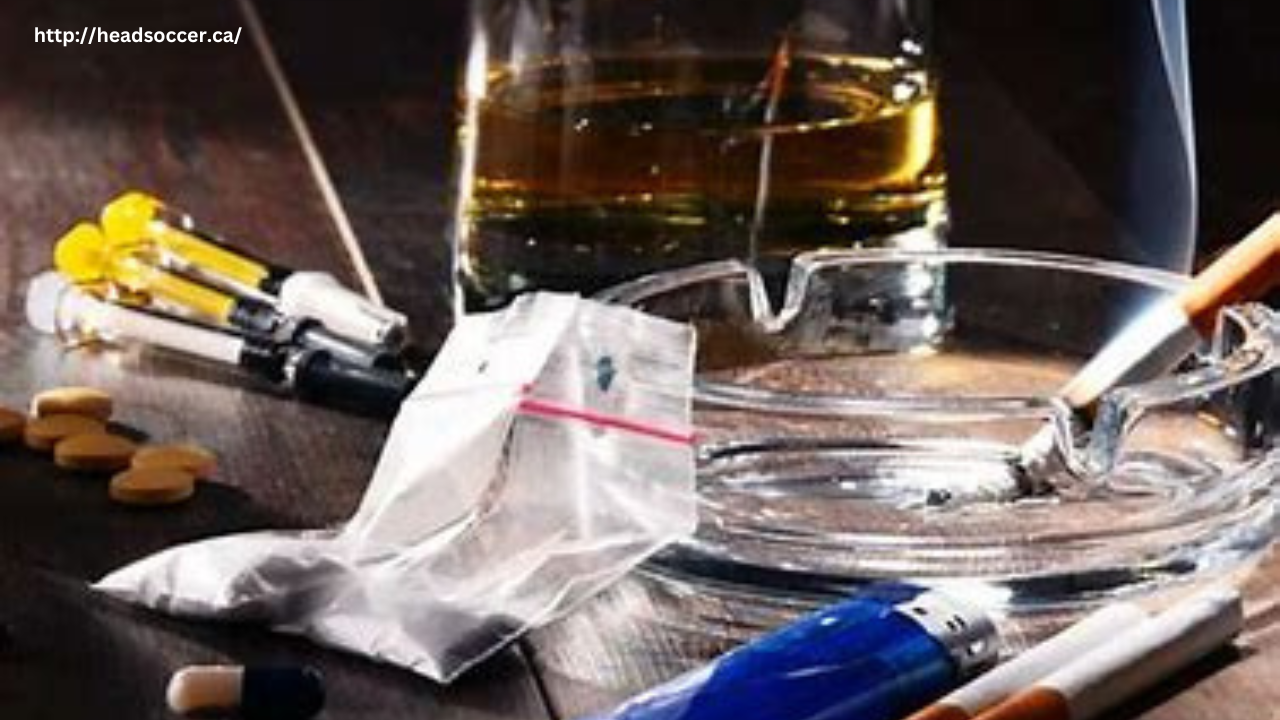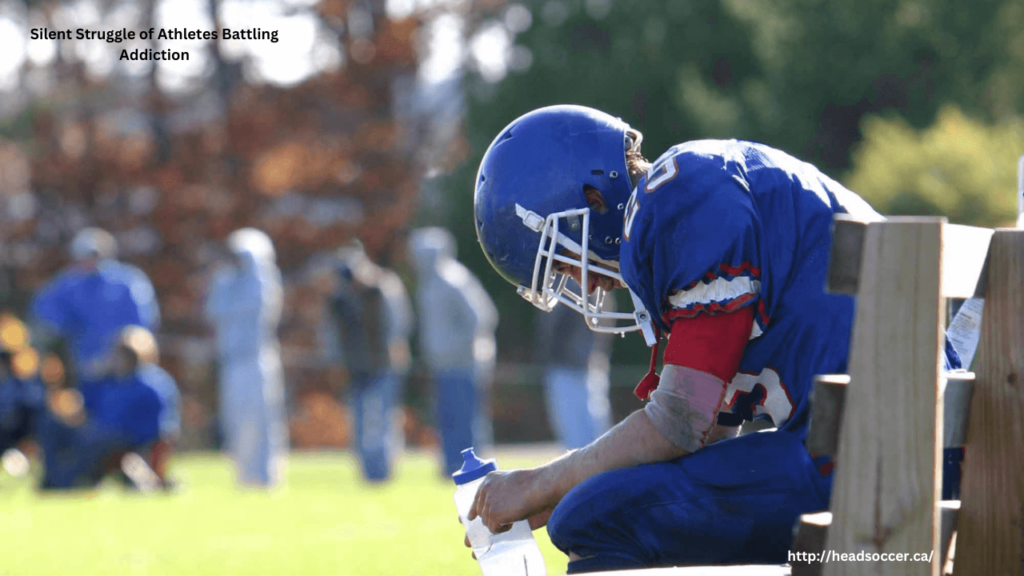 Professional sports captivate audiences worldwide, showcasing the pinnacle of human athletic ability, determination, and resilience. However, beyond the glamour of championships and multimillion-dollar contracts lies a hidden world of substance abuse. While fans see the victories and highlight reels, many athletes battle addiction in silence, struggling with the immense pressure of competition, injuries, and personal challenges.
Professional sports captivate audiences worldwide, showcasing the pinnacle of human athletic ability, determination, and resilience. However, beyond the glamour of championships and multimillion-dollar contracts lies a hidden world of substance abuse. While fans see the victories and highlight reels, many athletes battle addiction in silence, struggling with the immense pressure of competition, injuries, and personal challenges.
The Pressure to Perform
Professional athletes face immense pressure to perform at their highest level, often sacrificing their physical and mental well-being in the process. The expectation to win, maintain peak physical condition, and secure lucrative endorsements can drive some athletes toward substance use. Stimulants, performance-enhancing drugs (PEDs), and other substances are sometimes used to push beyond natural limits, offering short-term benefits but long-term consequences.
Stimulants like amphetamines and cocaine have historically been used to enhance focus and endurance, but their addictive properties can quickly take control. PEDs, including anabolic steroids and human growth hormones, may provide an edge on the field, but they also come with serious health risks and the potential for career-damaging scandals.
Pain Management and Prescription Drug Abuse
Injuries are an inevitable part of an athlete’s career. From fractures and torn ligaments to chronic pain conditions, athletes often require medical intervention to continue competing. Prescription opioids, such as oxycodone and hydrocodone, are commonly used for pain relief, but they carry a high risk of dependency.
Many athletes begin using painkillers legally under a doctor’s supervision, only to find themselves addicted. When prescriptions run out, some turn to alternative substances, including heroin, to manage withdrawal symptoms. The opioid crisis in professional sports has claimed the careers and lives of numerous talented individuals, highlighting the urgent need for better pain management strategies.
The Mental Health Connection
Substance abuse in professional sports is often closely linked to mental health struggles. The intense scrutiny from fans and media, fear of failure, and personal pressures can lead to anxiety and depression. Unfortunately, many athletes feel they cannot openly discuss their mental health issues due to stigma, leading them to self-medicate with drugs or alcohol.
The transition out of professional sports is another significant challenge. Athletes who retire often struggle with identity loss, financial instability, and a lack of purpose, making them more vulnerable to substance abuse. Without the structured environment of competition and training, some turn to drugs or alcohol as a way to cope.
Breaking the Silence and Seeking Help
Despite the challenges, many athletes have found the strength to seek help and reclaim their lives. Organizations and former players are now advocating for increased mental health support and addiction recovery resources within the sports industry. Leagues and teams are also implementing stricter drug policies and offering educational programs to prevent substance abuse.
Conclusion
The world of professional sports is not just about glory and achievement—it also harbors a hidden struggle with substance abuse. By addressing the underlying causes, promoting mental health awareness, and ensuring access to treatment, we can help athletes navigate the pressures of their careers without falling into addiction. Breaking the silence surrounding substance abuse in sports is the first step toward meaningful change.
